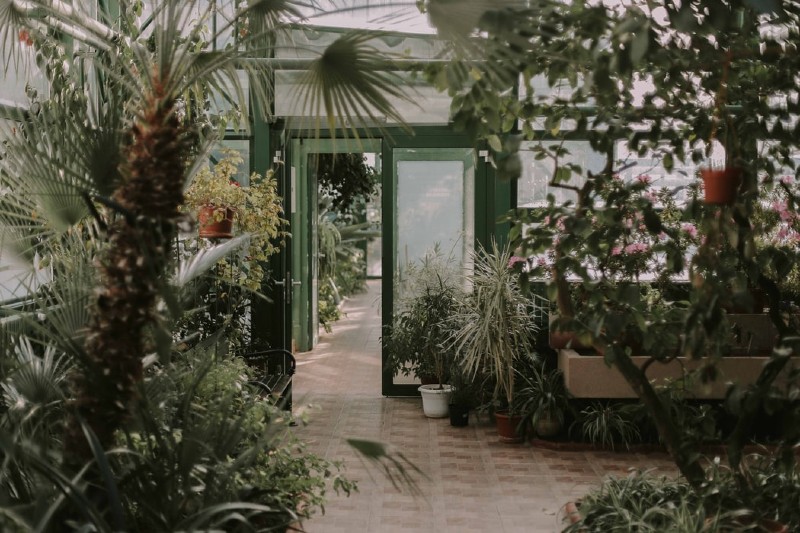Humans have returned to the traditional method of nature interaction amid the covid-19 outbreak. On the contrary, negative human interaction with nature and the ecosystem led to the coronavirus outbreak in the first place. There are three sides to looking over this pandemic.
Firstly, during this pandemic, the people living in rural areas benefited from interacting with human nature for a relaxed mental health state. Similarly, in urban settlements, global curfew led to a decrease in nitrogen dioxide levels. The average Air Quality Index (AQI) has significantly improved. The clouds have been clear ever since, and the fisheries find their way back to the ponds and lakes.
Secondly, human actions have always affected nature, whether it was before or after the coronavirus. In 2019, the Koala bear was on the extinction list, while if we calculate the statistics since 1970, then 68% of the wildlife extinction has taken place. Such harmful human interactions like deforestation, cause species to interact with the man, leading to an imbalance in nature. This removal of natural diversity lets different species interact with each other. Precisely, the closer you get, the claustrophobic your settings would become, and the diseases will spread.

Thirdly, the covid-19 impact on mental health. The traditional embodiments have always spoken about how exercise, yoga, walking, and meditation reduce stress levels. Only, we took it seriously during this pandemic. It also increases physical activity and social interaction. Nature has been a phenomenon aspect of reducing stress since the ancient ages.
Each of the three sides has a story to share. The coronavirus pandemic is a prediction of treating nature harmfully. We cannot change the past; however, we can work for the betterment of the future. Lately, states across the world have shifted their focus towards the protection of the species.
The coronavirus pandemic has allowed the world to preserve nature before another epidemic arises. While conserving nature, slowing deforestation, and cutting down the illegal trade of wildlife can boost nature’s diversity, some other ways could bring a change.
Below are some of the ways to contribute your role to a healthier interaction between humans and nature.

Plastic has been the enemy of biodiversity for a prolonged period. Not only is it expensive, but also it is the carrier of many water-borne diseases. If you get a supply of clean water, others might not have the same facility. The recent #tapwaterchallenge can help you to bring changes in the environment.

It is now time to support your community. Instead of ordering products online, buy local products as the shipment across the continents increases greenhouse gas emissions.

The vegan trend has been fortressing for a few years now. People across the world have changed their food choices from meat to tofu. Many ecologists believe it is an efficient method to maintain biodiversity as it reduces livestock gas emissions and reduces deforestation. Other negative impacts of continuing livestock are increased phosphorus on surface water systems, fish death, and water degradation.

Bring nature to your home. While you exercise or go to walks to your nearest park for fresh air, you can increase the greenery inside your home. You may plant a few seeds in your balcony or terrace for promoting biodiversity. Also, rain gardens have been used to absorb rainwater before their contaminants enter the river or any other pond.
There is no evident proof that future outbreaks would not occur through these methods, but at least, they would halt and slowly end if we consider these steps. As everyone says, all of this is an ongoing process, but maybe, putting a collective effort can bring the change before this world ends.
Thereby, the theory of Charles Darwin has been significant during the covid-19 outbreak. Indeed, it is all about “the survival of the fittest!”
